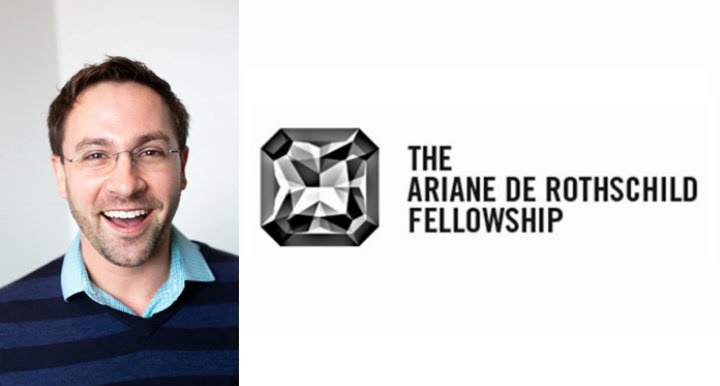With the help of Leonardo DiCaprio, we know what blood diamonds are. And now, thanks to the Enough Project, we are starting to know more about conflict minerals. Conflict minerals are generally defined as: “minerals mined in conditions of armed conflict and human rights abuses, notably in the eastern provinces of the Democratic Republic of the Congo, by the Congolese National Army and various armed rebel groups, including the Democratic Forces for the Liberation of Rwanda”.
The popularity of the video titled: “I’m a Mac…and I’ve Got a Dirty Secret”, paired with articles written in the New York Times, Yahoo and numerous blogs, have brought this issue to the main stage. Your phone, your laptop and your PSP are not just capable of creating change; they are also capable of fueling conflict.
New York Times reporter Nicolas Kristof said it best:
“Warlords finance their predations in part through the sale of mineral ore containing tantalum, tungsten, tin and gold. For example, tantalum from Congo is used to make electrical capacitors that go into phones, computers and gaming devices.”
The speed, in which technology changes leave us little time to stop and think: Where did this come from? Who put this together? And as a result, we’ve been, for the most part, completely unaware of the destruction caused by our need for the next best gadget.
This issue is not all dooms day and abandonment of technology. Initial steps at change have been made. The United States Congress has just passed the Wall Street reform bill that contains the inclusion of a key provision on conflict minerals. Congress is asking all tech companies and manufactures to be accountable for their products and the minerals that are used to make them. Small steps, simple questions and accountability will make way for the big changes we hope to see.


